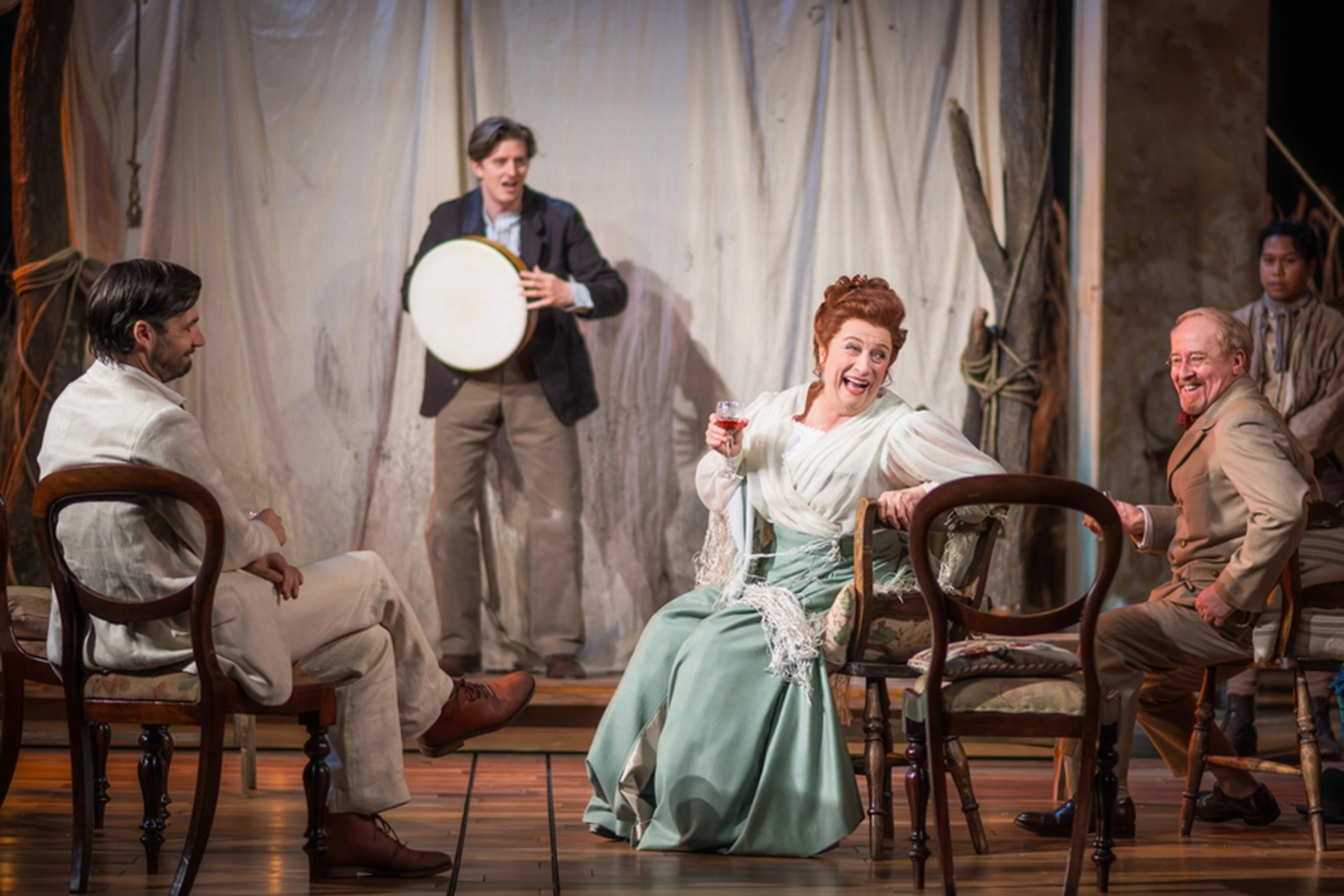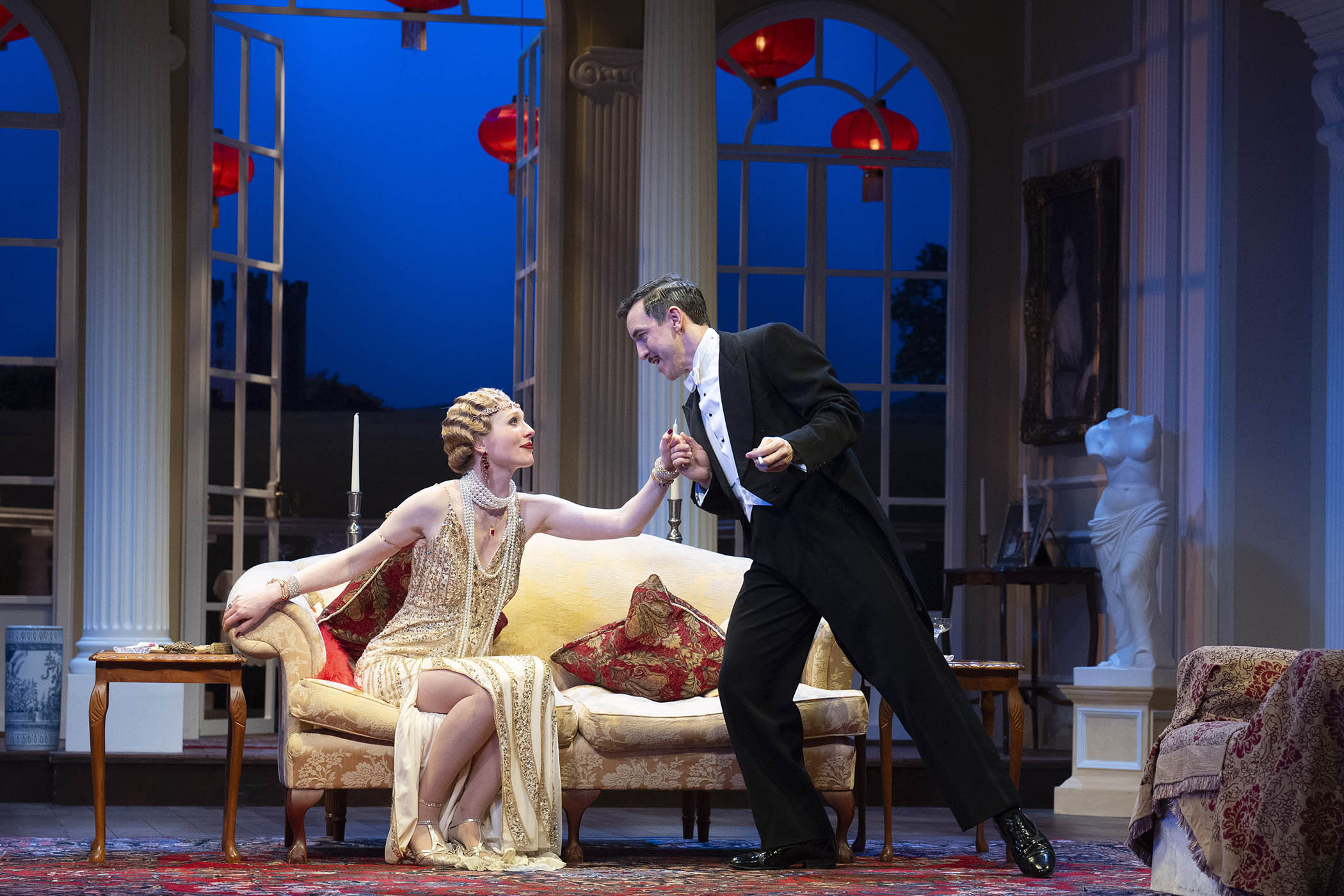At Leeds Playhouse, James Brining proved himself a thoughtful, committed leader and a director capable of seriousness of thought and brilliance of delivery. In presentations of Oliver! and My Fair Lady, he skilfully calibrated tensions between the stylish exuberance of the musicals’ form and the social critique underpinning their stories: satisfying shows with an added grain of grit.
The Seagull, Brining’s first production in his new post as artistic director at Edinburgh’s Royal Lyceum, makes the same strong, visual impact as the musicals (and shares some of their creatives in set designer Colin Richmond and costume designer Madeleine Boyd). It also has a similar boldness of approach, a wish to keep faith with the original while connecting to it via a contemporary sensibility. Here, however, the result is only patchily successful.
Brining and adapter Mike Poulton take Anton Chekhov at his word when he calls his 1896 play “a comedy”. Their Seagull delivers plenty of laughs, but these come at the expense of what makes the play a classic: an atmosphere that suggests souls struggling within the corporeality of the characters.
In a country setting, six out of 11 characters suffer unrequited love: a famous author and actress thoughtlessly destroy the lives of an aspiring writer and actress. Caroline Quentin as the diva-like Arkadina is a comical incarnation of monstrous self-regard – modulated, touchingly, in the emotionally see-sawing scene with her self-injured son and would-be writer Konstantin (Lorn Macdonald) as both characters indulge in extremities of tenderness, vituperative accusation and, ultimately, tearful reconciliation.
In the role of self-centred writer Trigorin, Dyfan Dwyfor’s spark and dash justify the infatuation he inspires in the young actress Nina – the evening’s stand out performance from Harmony Rose-Bremner, who makes the intensities of youth’s hopes, dreams and sufferings believable.
Photograph by Mihaela Bodlovic
Newsletters
Choose the newsletters you want to receive
View more
For information about how The Observer protects your data, read our Privacy Policy



